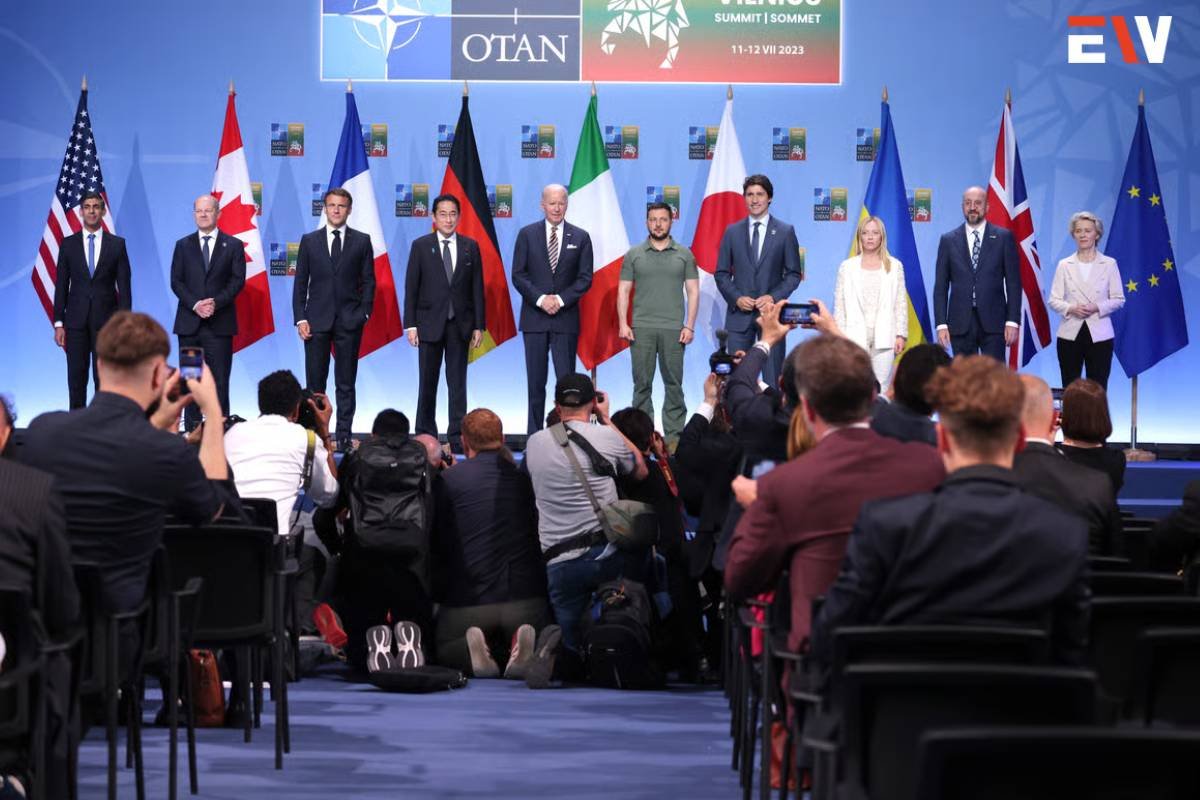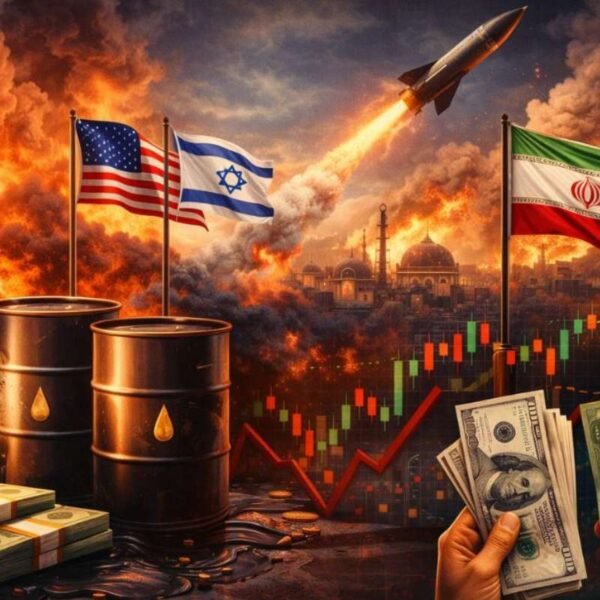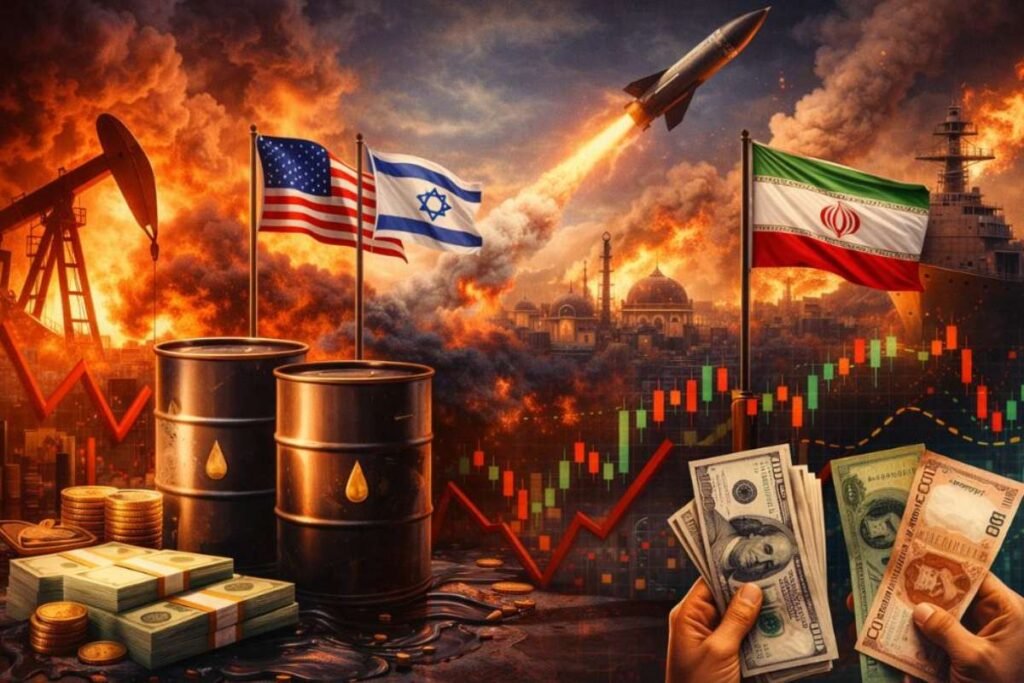Finance ministers from the Group of 7 (G7) nations have pledged continued economic support for Ukraine, unveiling a plan to finance the nation’s reconstruction using proceeds from frozen Russian assets. The joint statement issued on Thursday also condemned recent terrorist attacks by Hamas on Israel, expressing solidarity with the Israeli people.
The Discussions
The agreement follows extensive discussions among the world’s most advanced economies, which have collectively frozen around $300 billion of Russian central bank assets. The proposed plan entails utilizing investment gains on these assets rather than the assets themselves, a move deemed legally more sound.
Treasury Secretary Janet L. Yellen expressed support for the initiative, describing it as using “windfall proceeds” from immobilized Russian sovereign assets to support Ukraine. The finance ministers reiterated their unwavering support for Ukraine and condemned Russia’s “illegal, unjustifiable, and unprovoked war of aggression against Ukraine.”
The G7 ministers, currently gathered in Morocco for the annual meetings of the International Monetary Fund and the World Bank, initially intended to focus on punitive measures against Russia for its actions in Ukraine. However, recent geopolitical crises have shifted the agenda.
Great Asset Seizure: How the West Plans to Aid Ukraine with Russian Frozen Money
Sanctions Against Russia
In response to concerns about the effectiveness of existing measures, the G7 pledged to be tougher in enforcing sanctions against Russia. The United States, as part of this strengthened approach, imposed sanctions on two shipping companies for violating the oil price cap enacted by the G7 nations to limit Russia’s energy export revenue.
These penalties, the first of their kind, were directed at Lumber Marine, a UAE shipping company, and Ice Pearl Navigation Corporation, a Turkish shipping company, for transporting Russian crude oil priced above the stipulated cap. This move aims to prevent Russia from benefitting from soaring energy prices by limiting its ability to sell oil using Western insurance and financing.
While described as a new phase of price cap enforcement, analysts believe it’s a small step, considering the suspected extent of evasion. The G7 closely monitors oil markets, considering the price cap successful in eroding Russian oil profits and spurring the Kremlin to invest in alternative financial services and a “shadow” fleet of ships.
Summing Up
Despite these efforts, finance ministers and central bankers at the meeting expressed concerns about multiple crises potentially derailing their efforts to combat inflation while avoiding recessions. Bruno Le Maire, France’s finance minister, highlighted geopolitical risks as the most significant challenges for the world economy in these troubled times.










